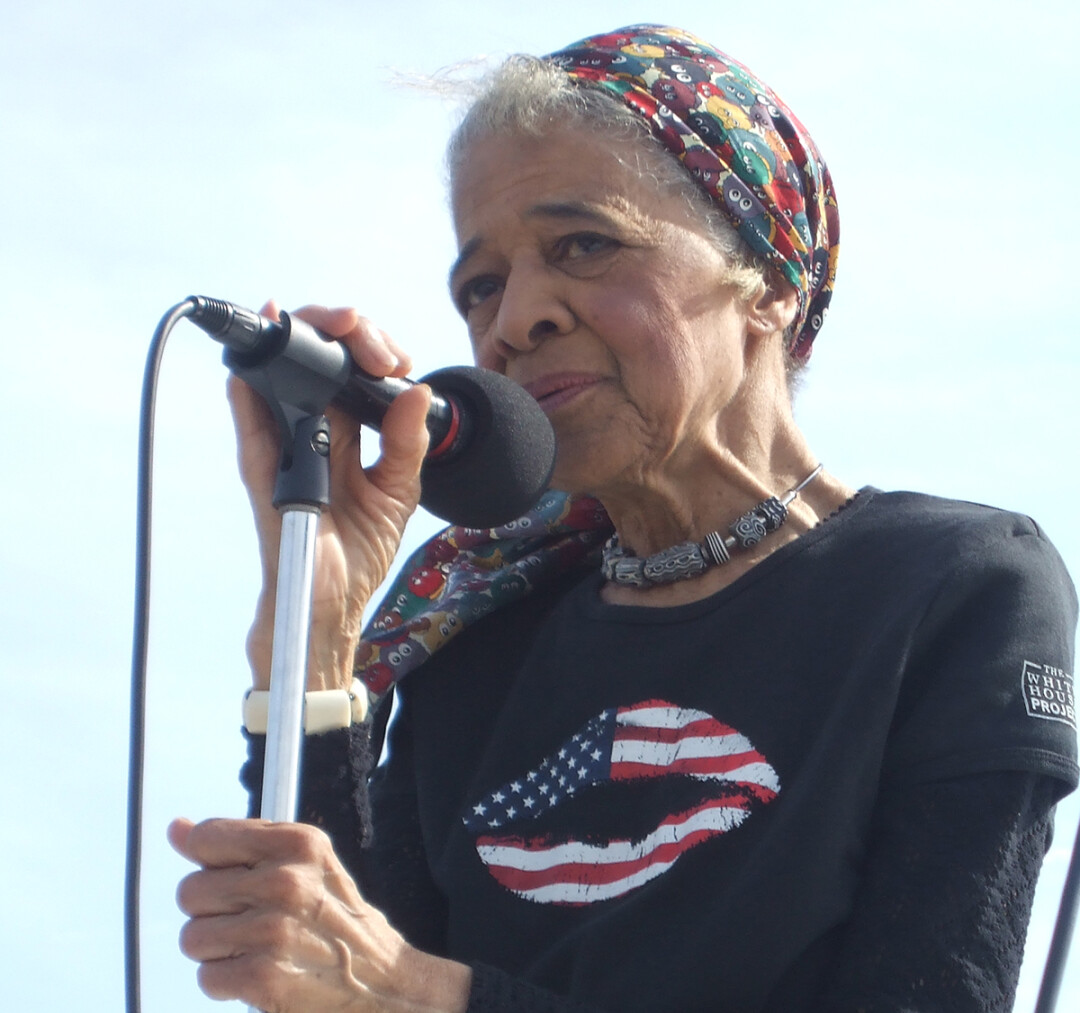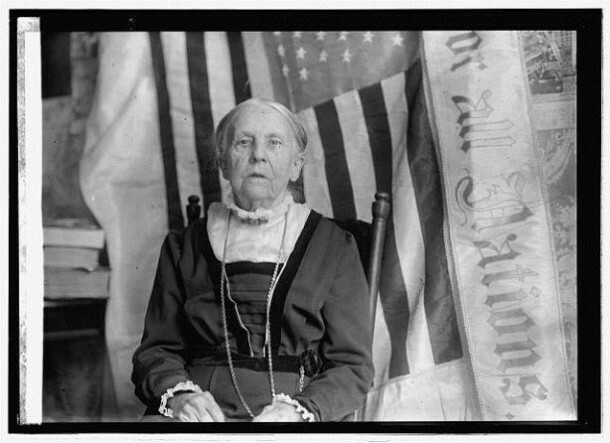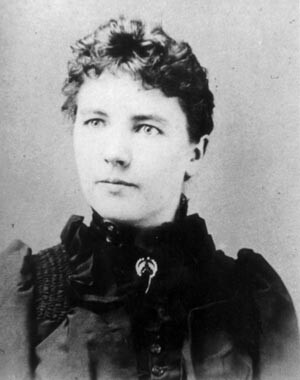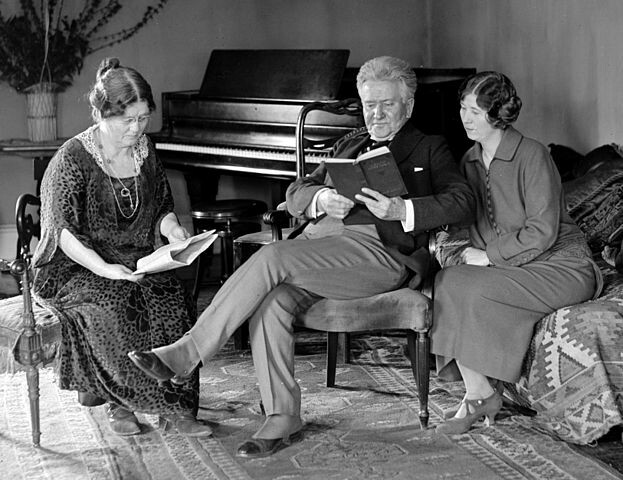5 Amazing Wisconsin Women You Should Know About

From political crusaders to best-selling authors, Wisconsin has produced a plethora of history-making women. In honor of International Women’s Day and Women’s History month, here are five fascinating Sconnie females. To learn more about these and other outstanding women, visit the Wisconsin Women Making History website at womeninwisconsin.org.
1. VEL PHILLIPS
Phillips, a lifelong Milwaukee resident, is a consummate trailblazer. The first woman to graduate from the UW Law School (1951), she became the first woman and first African-American elected to the Milwaukee Common Council (1956) and used her role to fight against discrimination and for fair housing. In 1971, she became the first African-American to become a judge in Wisconsin, and in 1978 Wisconsin voters elected her secretary of state, making her the first African-American woman elected to a statewide office in the nation! Now in her 90s, Phillips still serves on the board of a charitable foundation that bears her name.

2. OLYMPIA BROWN
You may never have heard of Olympia Brown, but she was an Olympian figure in the quest for women’s equality. In 1863, Brown became the first U.S. woman to be ordained a minister, and in 1878 was called to serve a church in Racine, Wisconsin. A friend of Susan B. Anthony and other suffragists, Brown was a strong proponent of voting rights for women, and from 1884 to 1912 led the Wisconsin Woman’s Suffrage Association. Eventually, she decided state-level efforts weren’t enough and began to push for a federal constitutional amendment. Brown died in 1926, six years after the 19th amendment finally gave women the right to vote nationwide.

3. LAURA INGALLS WILDER
Fans of the beloved “Little House” books and the TV show they inspired know that Laura Ingalls Wilder’s nostalgic tales of frontier life begin right here in the Badger State. Laura was born in Pepin, Wisconsin, in 1867, and spent most of her first seven years in the “Big Woods” there. Her first book, “Little House in the Big Woods,” was published in 1932 when she was 65 years old. This and subsequent books about the Ingalls family’s life in Kansas, Minnesota, Iowa, and South Dakota became popular with generations of children and parents. To date, more than 60 million “Little House” books have been sold, and the books have been translated into 45 languages.
4. MILLY ZANTOW
Inspired by a visit to Japan, where waste was carefully sorted and recycled, and distressed by an overflowing local landfill, Sauk County woman Milly Zantow cashed in her life insurance insurance and opened a recycling center with a friend in the late 1970s. A tireless advocate for conservation who died in 2014 at age 91, Zantow helped write Wisconsin’s mandatory recycling law and was a founding member of the Wisconsin-based International Crane Foundation. Her most lasting legacy, however, was developing the No.1 through No. 7 system that’s used to identify plastics for recycling. That’s right: You have a Wisconsin woman to thank for that ubiquitous triangle you see on recyclable plastics! Check out the children's book about her.

5. BELLE CASE LA FOLLETTE
Known to many as the wife of Wisconsin progressive pioneer Robert M. “Fighting Bob” La Follette, Belle Case La Follette was a political pioneer in her own right. The first woman to earn a law degree from the University of Wisconsin, she was closely involved in her husband’s political efforts, helping manage his campaigns and write his speeches when he ran for Congress, governor, U.S. Senate, and president. She co-edited La Follette’s Weekly Magazine (now known as The Progressive), and was an outspoken advocate for women’s suffrage, equality, and peace. In 1915, she co-founded the Woman’s Peace Party, and when her husband died in 1925 she was asked to serve the rest of his Senate term. She declined, and their son, Robert Jr., became senator. Another son, Phillips, was later Wisconsin governor, and daughter Fola was a prominent activist as well.




















